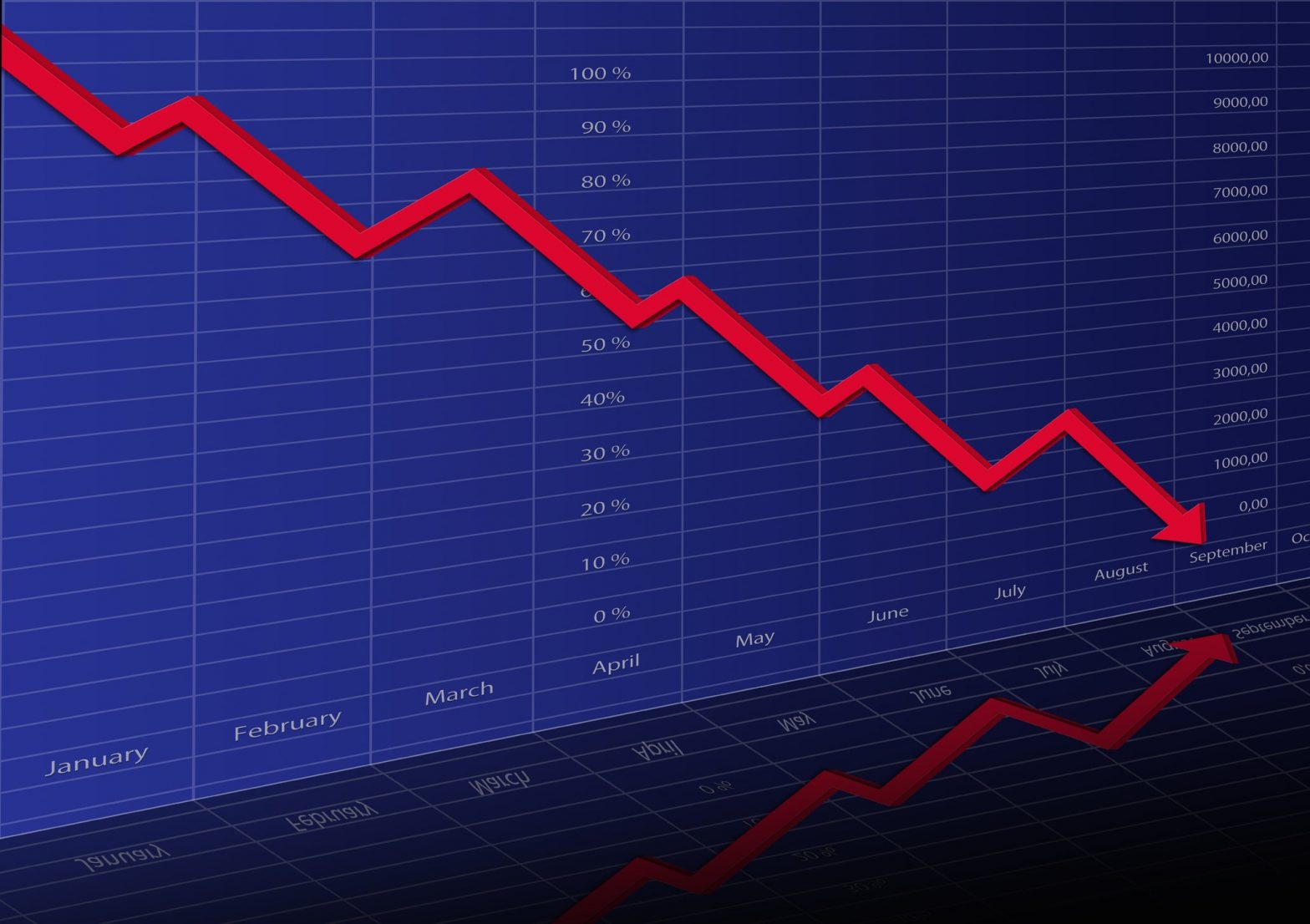What happened
Shares of all the major U.S. bank stocks struggled today, along with the Dow Jones Industrial Average, which at one point fell 1,000 points on this shortened day of trading — the worst drop for the index in all of 2021.
Shares of America’s largest bank by assets, JPMorgan Chase (NYSE:JPM), had fallen 3.4% as of 12:30 p.m. EST, while shares of the second-largest bank in the U.S., Bank of America (NYSE:BAC), dropped more than 4%. Meanwhile, the more beaten-down Citigroup (NYSE:C) had fallen more than 3%, and Wells Fargo (NYSE:WFC) declined more than 5%. These are big daily moves for more stable large-cap stocks.
So what
While Americans were enjoying their Thanksgiving meals, multiple media outlets reported that a new variant of the coronavirus had emerged in South Africa known as B.1.1.529 variant.
Scientists reported that the strain had more than 30 mutations to the spike protein, which is the part of the virus that attaches to a person’s cells. This is significantly more mutations than the delta variant. Adding to the storm, pharmaceutical company Merck, which has been developing an antiviral pill to treat more severe cases of COVID-19 after people contract the virus, disclosed that the pill was not as effective at treatment as had been initially hoped.
The variant news resulted in a strong global reaction, as the World Health Organization called an emergency meeting to discuss it. Additionally, the European Union proposed a ban on flights from South Africa. Little is yet known over how severe cases from the B.1.1.529 variant are, but early knowledge has scientists and experts extremely concerned.

Image source: Getty Images.
“If we have another COVID strain that can spread even more readily than delta, that would pose a challenge to all of us around the world, because when delta arrived this summer, it changed the game,” William Schaffner, a professor of preventive medicine at Vanderbilt University, told CNBC today.
Banks are extremely linked to the economy due to the fact that they lend money and interact with most sectors in it. So any time a new variant pops up and threatens to increase cases, it is one sector that will take a hit because investors fear potential future lockdowns, stalling economic growth, and potential loan quality concerns.
The news also comes at an already treacherous time for the market, which over the past few weeks has been dealing with a stronger inflationary environment, rising bond yields, and increasing sentiment that the Federal Reserve may raise its benchmark federal funds rate next year.
Furthermore, the struggles with inflation may make it more difficult for the federal government to respond to a new severe wave of the coronavirus, says Edward Smith, co-chief investment officer at the Rathbone Investment Management.
“That’s the big cause for concern: Is policy able to respond and bail out markets and economies this time given inflation?” he told The Wall Street Journal. Smith also said that more lockdowns or restrictions could continue to increase global supply chain issues and add to inflation.
Now what
While I think the strong global reaction to this new variant is warranted, I am not ready to panic just yet. We still don’t know how severe it is or if it can evade vaccines.
I also feel quite confident in these large-cap U.S. bank stocks considering how well they held up during the pandemic in 2020. They all have strong levels of capital and lots of liquidity, giving me every bit of confidence they could survive another downturn. In particular, the pullback on Citigroup, which already traded at beaten-down levels, strikes me as a great buying opportunity.
This article represents the opinion of the writer, who may disagree with the “official” recommendation position of a Motley Fool premium advisory service. We’re motley! Questioning an investing thesis — even one of our own — helps us all think critically about investing and make decisions that help us become smarter, happier, and richer.
